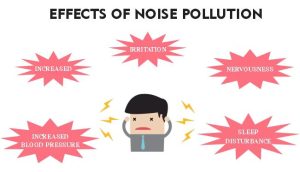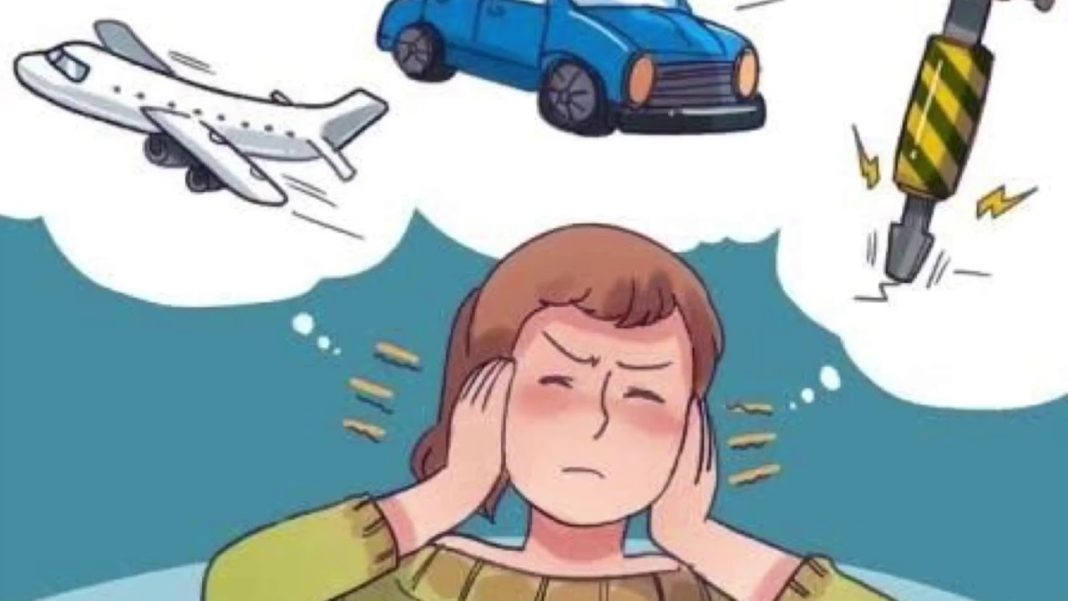
Noise pollution, a pervasive and often underestimated threat, is not just a nuisance but a serious health and environmental issue. Its invisible presence significantly disrupts daily life, affecting individuals both physically and mentally. Noise pollution, measured in decibels, with levels exceeding 85 posing a risk to human hearing, can lead to severe health consequences. These include permanent hearing loss, heart disease, high blood pressure, stress, and sleep disturbance, painting a grim picture of its impact on human health.
Environmental noise, a global problem, is not limited to a specific region or country. It arises from various sources such as traffic, construction, and air pollution. For instance, a study conducted in Europe revealed that aircraft noise pollution was responsible for reading impairments in over 12,500 schoolchildren. Despite its severity, it remains challenging to address due to its invisibility and the lack of accessible measures to combat it. This underscores the pressing need for countries and regions to provide accurate data maps and develop comprehensive action plans to tackle this problem effectively.

According to the United Nations Environment Program (UNEP) 2022 report, Dhaka, the capital of Bangladesh, is the noisiest city globally, with noise pollution posing a significant threat to the quality of life of its residents. Although the government has implemented some rules, such as requiring individuals or organisations to obtain permission from the Department of Environment before holding events that generate loud noise, their implementation has been inadequate. As a result, 11.7% of Bangladesh’s population has suffered from permanent hearing loss.
In light of this issue, volunteers and private organisations have devised private measures to mitigate noise pollution.
For instance, they encourage individuals to instruct drivers not to honk unnecessarily, avoid honking other cars, and reduce music volume. Additionally, some suggest posters reminding individuals to be mindful of noise levels. Such measures can effectively raise awareness and encourage individuals to take responsibility for reducing noise pollution.
https://education.nationalgeographic.org/resource/noise-pollution/
https://www.eea.europa.eu/articles/noise-pollution-is-a-major
https://ben-global.net/wp-content/uploads/2016/08/Noise-Pollution-In-Dhaka-Current-Situation-And-Suggestions-For-Action-2002.pdf

